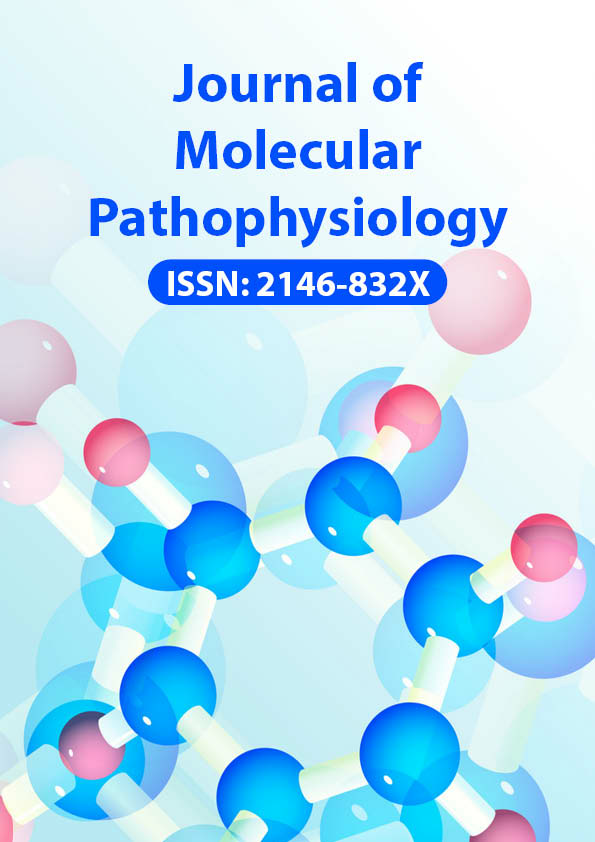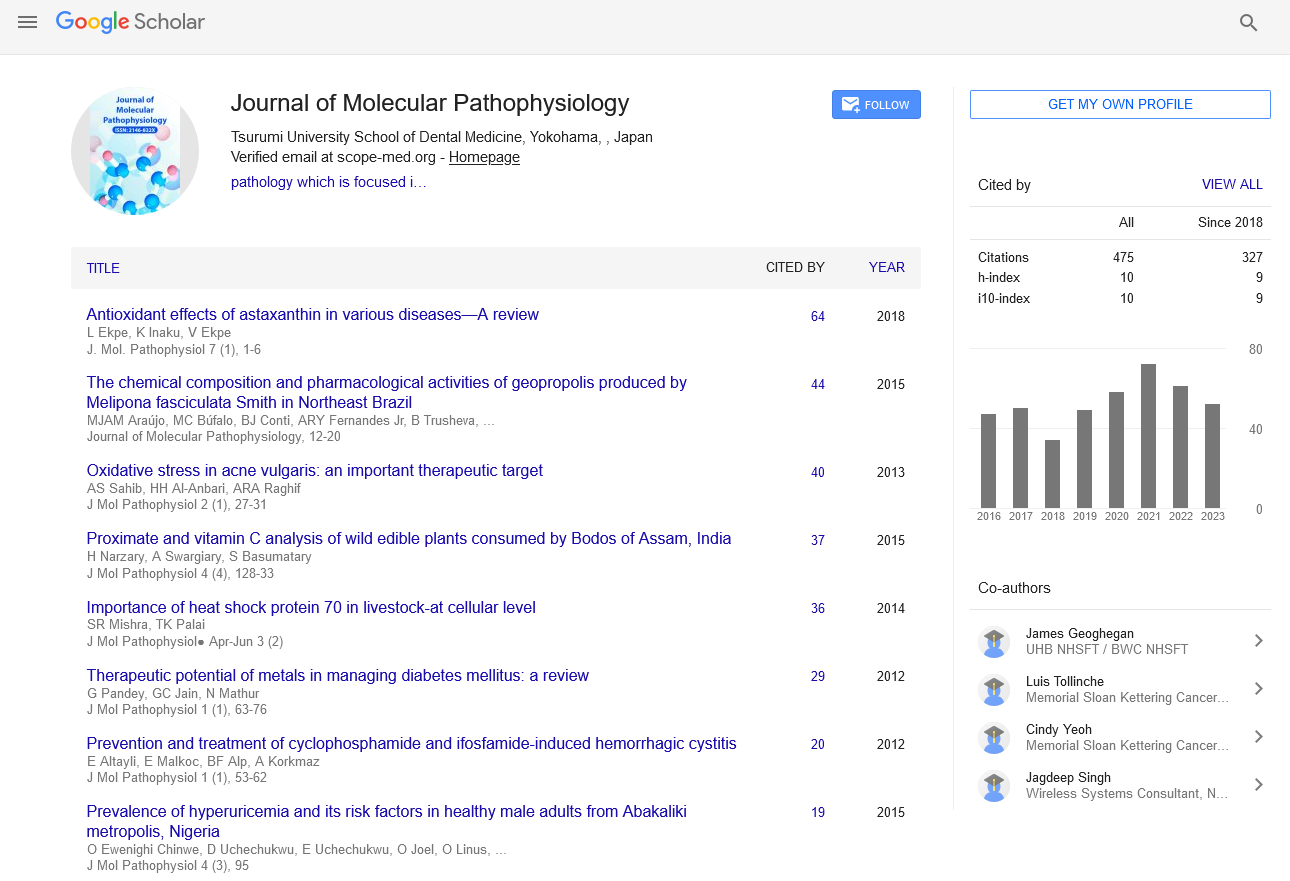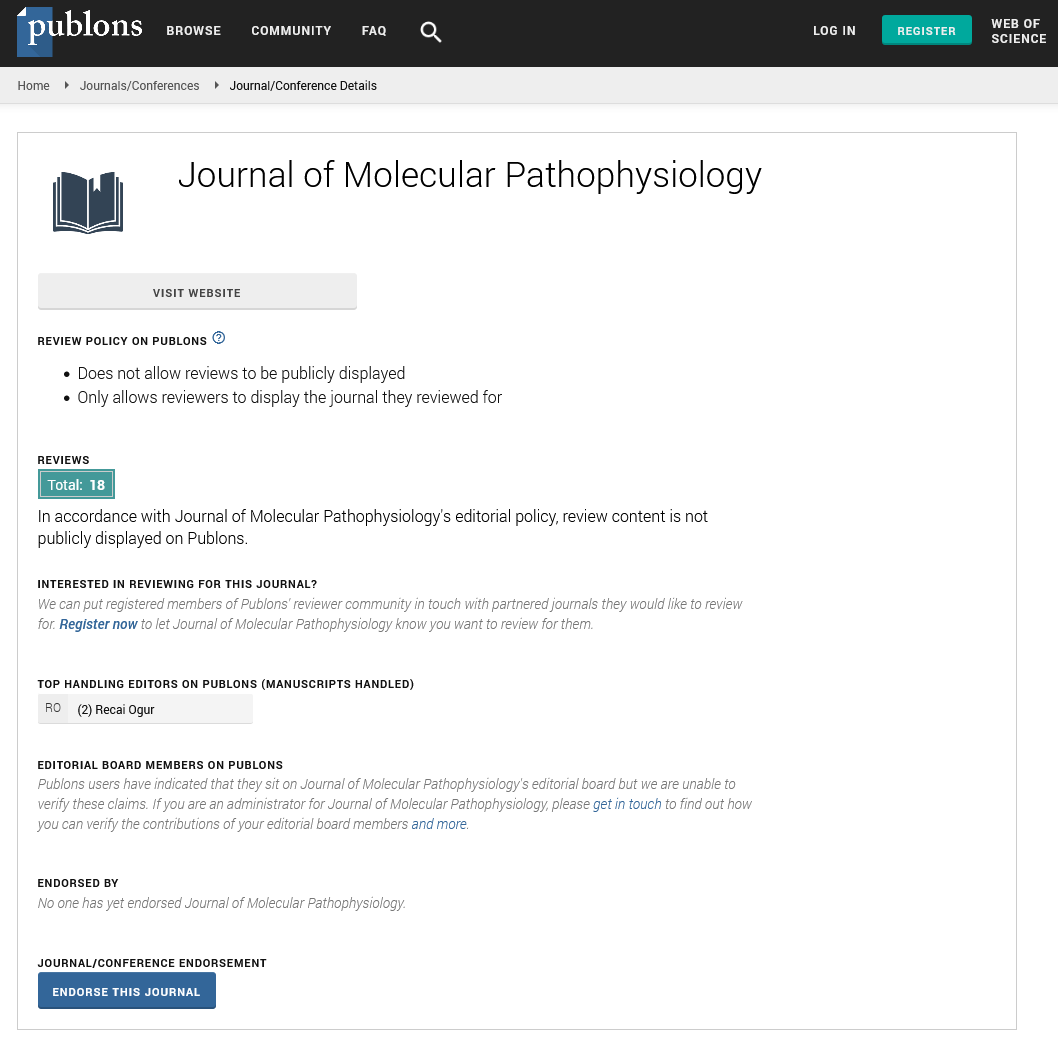Abstract
Mariana Pires Garcia, Mariela Granero Farias , Claudio Galvao de Castro Junior
Introduction: In medical practice, quantification of peripheral blood CD34+ cells is a method of choice to calculate apheresis yield. Nevertheless, other predictive factors have been evaluated. The objective of this study was to investigate the association between CD34+ cells and number of apheresis collections from patients undergoing autologous bone marrow transplantation based on complete blood count parameters. Methods: Retrospective analysis of 113 patients of the Department of Pediatric Oncology of Hospital de Clínicas de Porto Alegre (HCPA) who had autologous bone marrow transplantation between 2004 and 2011 and underwent mobilization with granulocyte-colony stimulating factor in combination or not with chemotherapy. The following parameters were assessed: Total leukocyte count, platelets, hemoglobin, absolute neutrophil count, lymphocytes, monocytes, and immature granulocytes (IG). Statistical tests were used for asymmetric variables. Results: The correlation between CD34+ × 106 /kg and leukocyte count (r s = 0.082; P = 0.394), platelets (r s = 0.078; P = 0.418), hemoglobin level (r s = −0.05; P = 0.564), neutrophils (r s = 0.042; P = 0.665), lymphocytes (r s = 0.048; P = 0.619), and IG (r s = 0.165; P = 0.083) revealed no significant result. In relation to monocytes, there was a weak but significant correlation (r s = 0.255; P = 0.007). In addition, patients with leukocyte count higher than 30 × 109 /L and monocyte count higher than 1.8 × 109 /L had good collection yield. Conclusion: Although there was no significant association between CD34 × 106 /kg and blood parameters, we found that leukocyte count higher than 30 × 109 /L and monocyte count higher than 1.8 × 109 /L may be predictive factors of efficient collection. However, these values cannot be considered absolute factors because patients with lower counts also had satisfactory collections.
PDF






